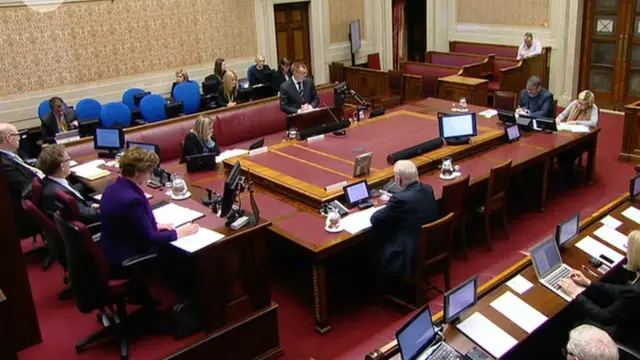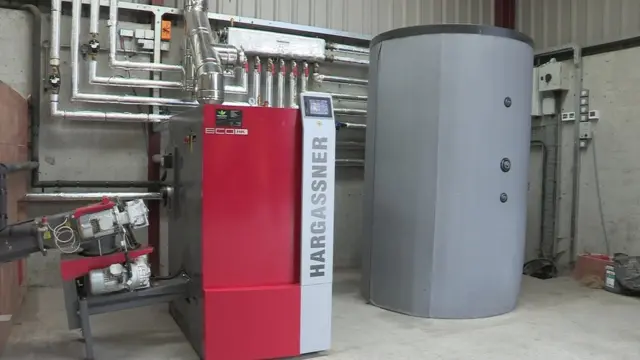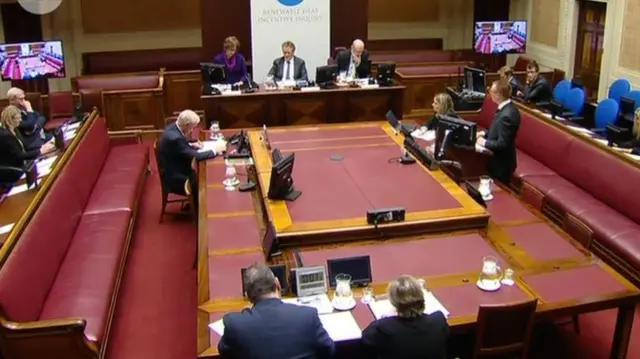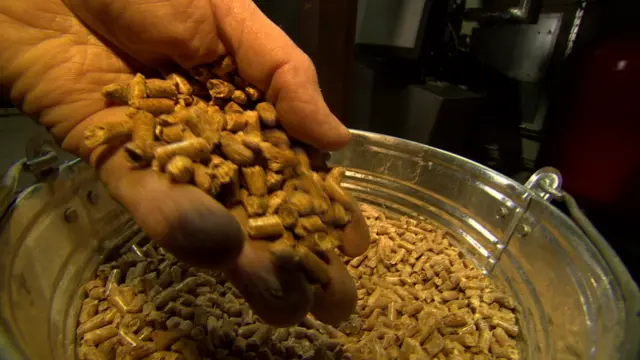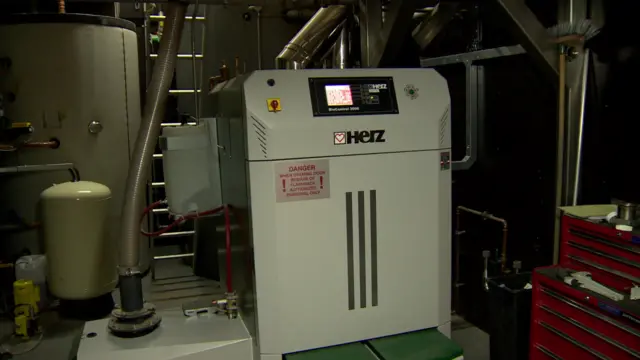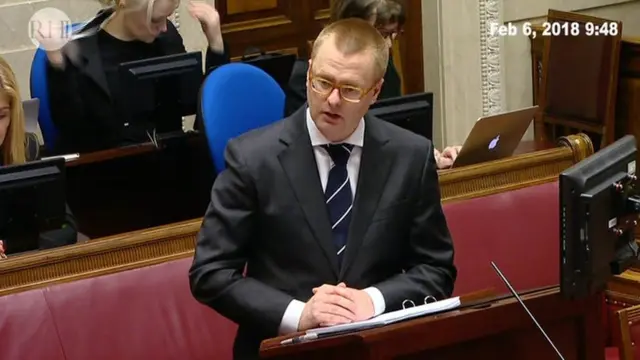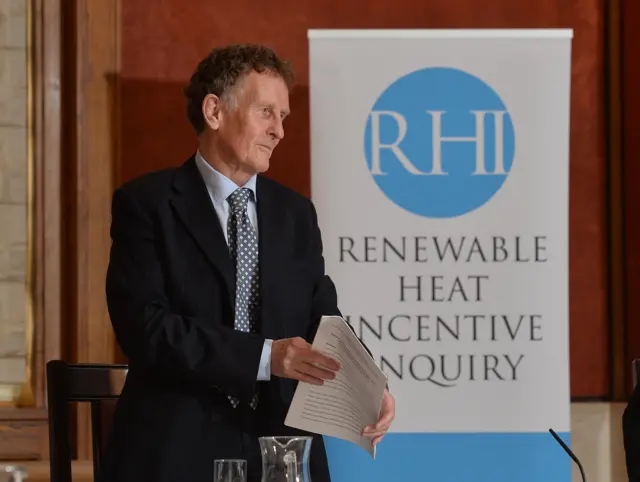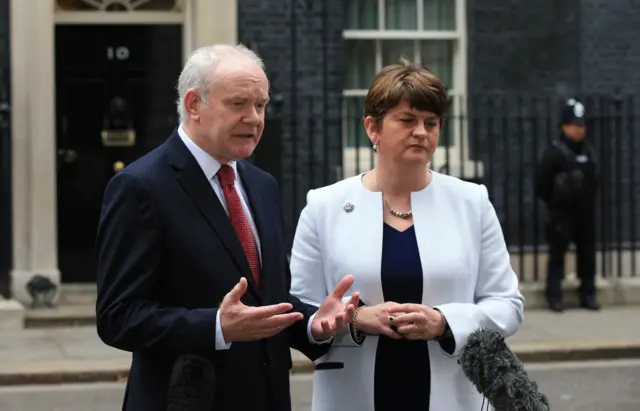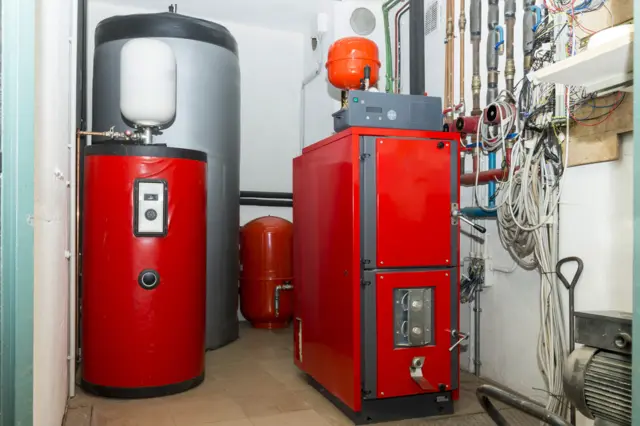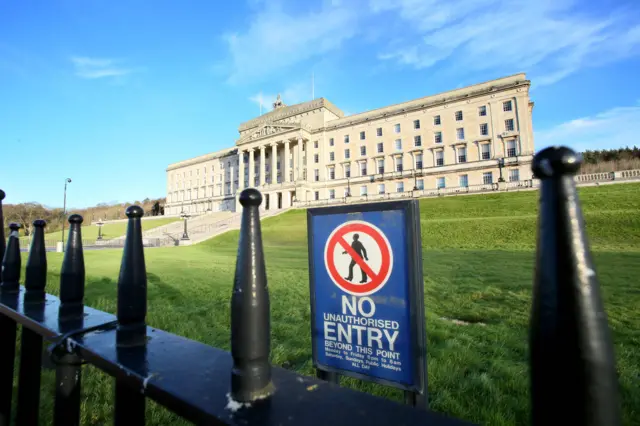'Considerable speculation about minister's motive in letter'published at 12:14 GMT 6 February 2018
The letter to banks became a "subject of considerable media speculation as to the minister's motives in doing it", says Mr Aiken.
Ms Hepper said in her submission that the letter had come about as a result of an interdepartmental meeting attended by the minister three-and-a-half months earlier.
The inquiry team has located the minutes of the meeting in September 2012, which show that Peter Scott of the Department of Agriculture and Rural Development (DARD) was asked how the RHI scheme would impact on a DARD biomass processing grants scheme.
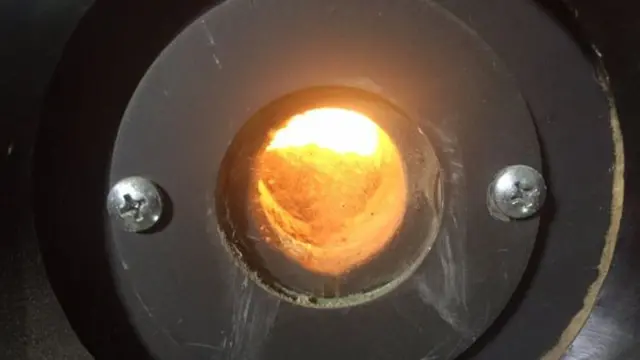 Image source, RHI Inquiry
Image source, RHI InquiryHe said that some applicants for the DARD grants were experiencing difficulties obtaining loans for renewable energy equipment.
At that point in proceedings, Mrs Foster said she would write to the banks at an appropriate time to explain how the schemes worked and to encourage a more positive response from them.
The letter was also to cover renewable energy generation schemes, so "it's not just about RHI", Mr Aiken points out.

